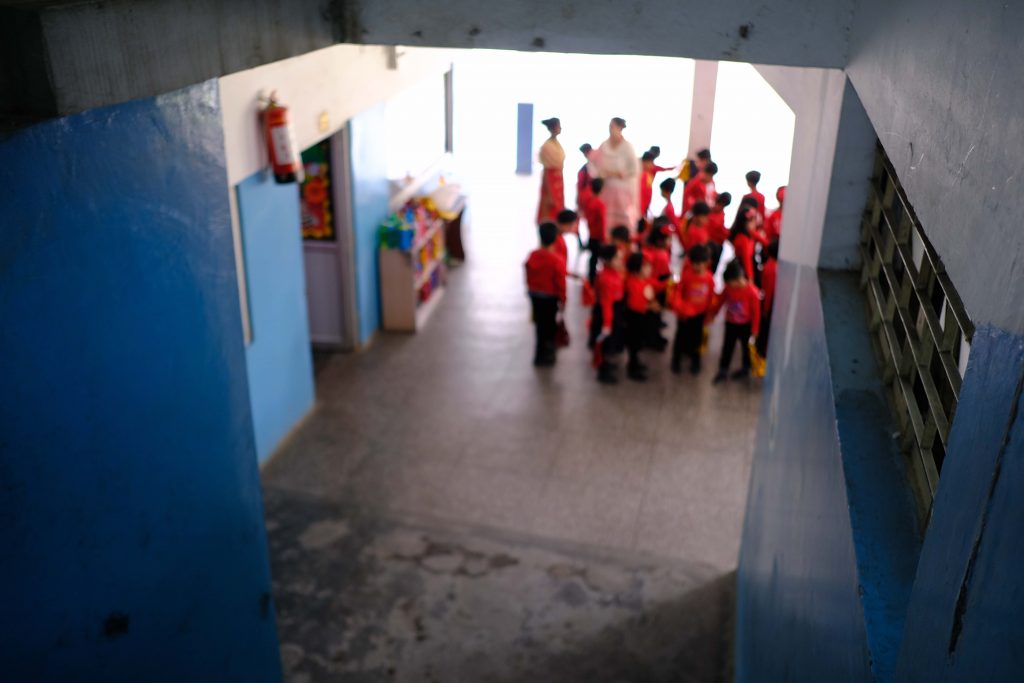
Amanda Gilbertson, Assistant Professor & Joyeeta Dey, Research Associate – University of Melbourne
India’s Right of Children to Free and Compulsory Education Act, 2009, (RtE) contains a provision – Section 12(1)(c) – requiring all private schools to ensure that 25 per cent of new entrants are from either low-income or low caste households. This is the world’s largest programme involving public funding and private provision of education, with approximately 2.1 million RtE 12(1)(c) seats available across the country in Class 1 every year. Through ethnographically rich accounts of the implementation of RtE Section12(1)(c) in Lucknow, capital of the North Indian state of Uttar Pradesh, this project will further understanding of the possibility of promoting social mobility through school education. The role of schools in reproducing elites is now well-established, and “the better question is whether schools can recover any democratic function” (McDermott and Raley 2011: 44). Indeed, the focus on reproducing inequality may have resulted in a failure to recognise “truly outstanding moments in today’s schools” where members of the school community work “against the grain to create more critical and egalitarian structures, to imagine more open opportunities for all” (Weis and Fine 2001: 498). This project aims to reveal the conditions in which more relational understandings of poverty might develop, that is, understandings of poverty not as reflective of individual failing, but as culturally and materially produced through relations of exploitation and discrimination. By bringing the elite and the disadvantaged so intimately into each other’s lives, does RtE facilitate a shift in parents’ and teachers’ understandings of poverty and privilege?
https://findanexpert.unimelb.edu.au/profile/662912-amanda-gilbertson

Leave a Reply